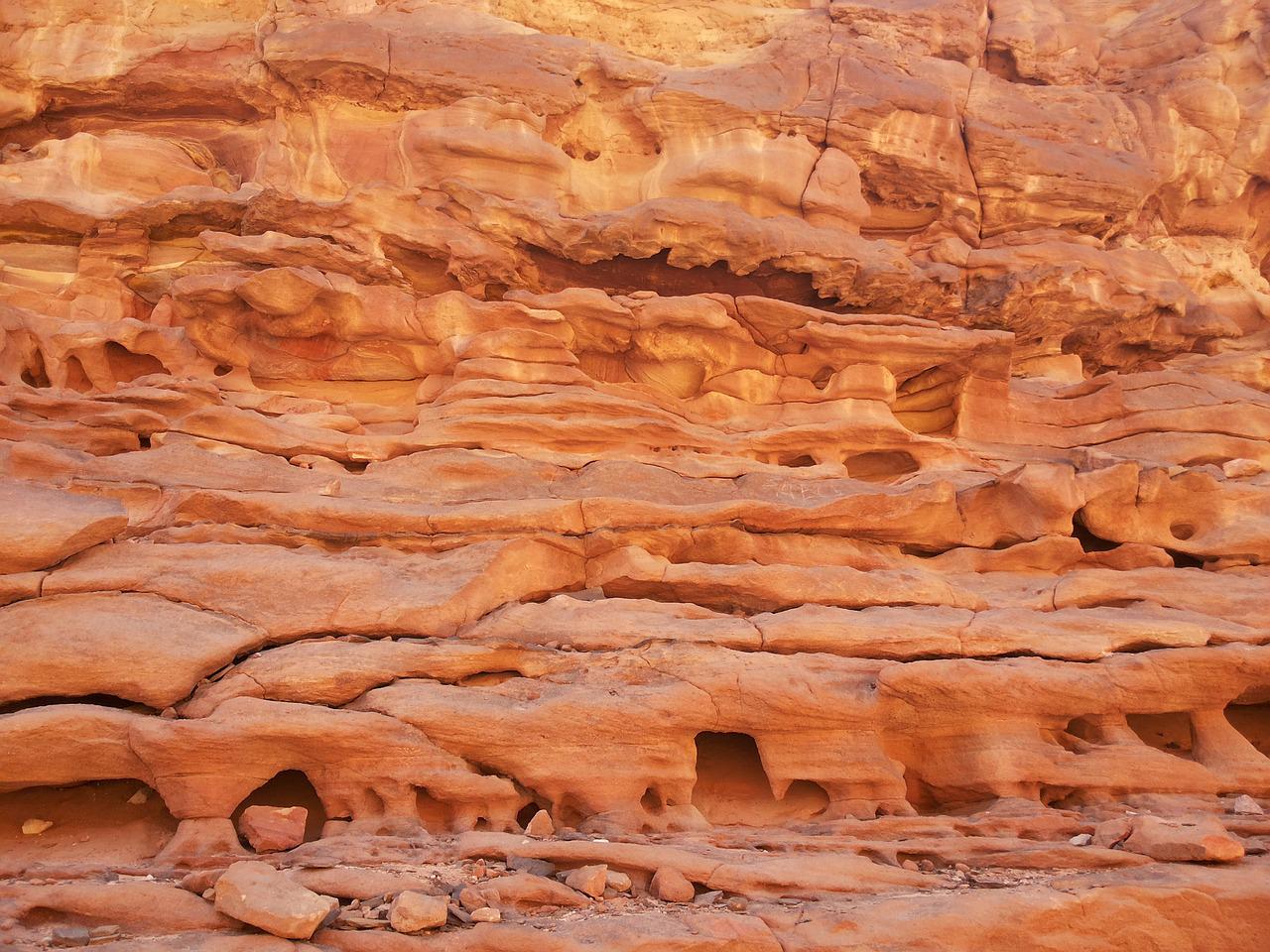We have been looking at some the essential aspects of meditation. All of them were based on the teaching of the early Church and the Desert fathers and Mothers, especially the teaching of Evagrius, the teacher of Cassian, and one of the most influential Desert Fathers. But what made the early Christians move into the desert in the 4th Century CE, at first around Alexandria and later in Palestine and Syria?
It was the desire to lead an authentic Christian life based on the teaching of Jesus and therefore on deep contemplative prayer. But truly following Christ was also seen as following him into his death; ‘martyrdom’ was an important motive. ‘The Life of Pachomius’ describes the effect that the martyrs had on the faith of Christians and the life they wanted to lead: “Faith increased greatly in the churches in every land and monasteries and places for ascetics began to appear, for those who were the first monks had seen the endurance of the martyrs.”
Since Constantine’s adoption of Christianity, persecution had ceased. Those choosing to withdraw to the desert saw going there and giving up all that was considered to be essential in life – family, marriage, an active function in society and owning property – as an alternative kind of martyrdom, a ‘white’ martyrdom as opposed to the ‘red martyrdom’ of the real martyrs.
Moreover, Constantine was pouring money into building Churches and supporting the bishops financially, a fact that changed the whole character of the early Church. The number of practising Christians rose in the following decades from 3 to 30 million. It became quite advantageous to be a Christian.
St John Chrysostom expressed his dismay at this change quite forcefully in his ‘Homilies in Ephesus’: “Plagues teeming with untold mischief have come upon the churches. The primary offices have become marketable. Excessive wealth, enormous power, and luxury are destroying the integrity of the Church.”
Not only were some committed Christians disturbed by the changed position of Christianity, but they were also appalled at the increasing decadence of society: “Society was regarded (by the Desert Fathers) as a shipwreck from which each individual man had to swim for his life.” (Thomas Merton)
This formed a further inducement for them to go and live out the gospel message in the solitude of the Egyptian desert with St Paul’s saying as their rule of life: “Do not be conformed to this world but be transformed by the renewing of your minds.” (Romans 12:2).
However, the need for withdrawal and intensifying one’s spiritual practice was not just a reaction to the situation, in which the early Christians found themselves; it also seems to be a natural development that happens over time.





